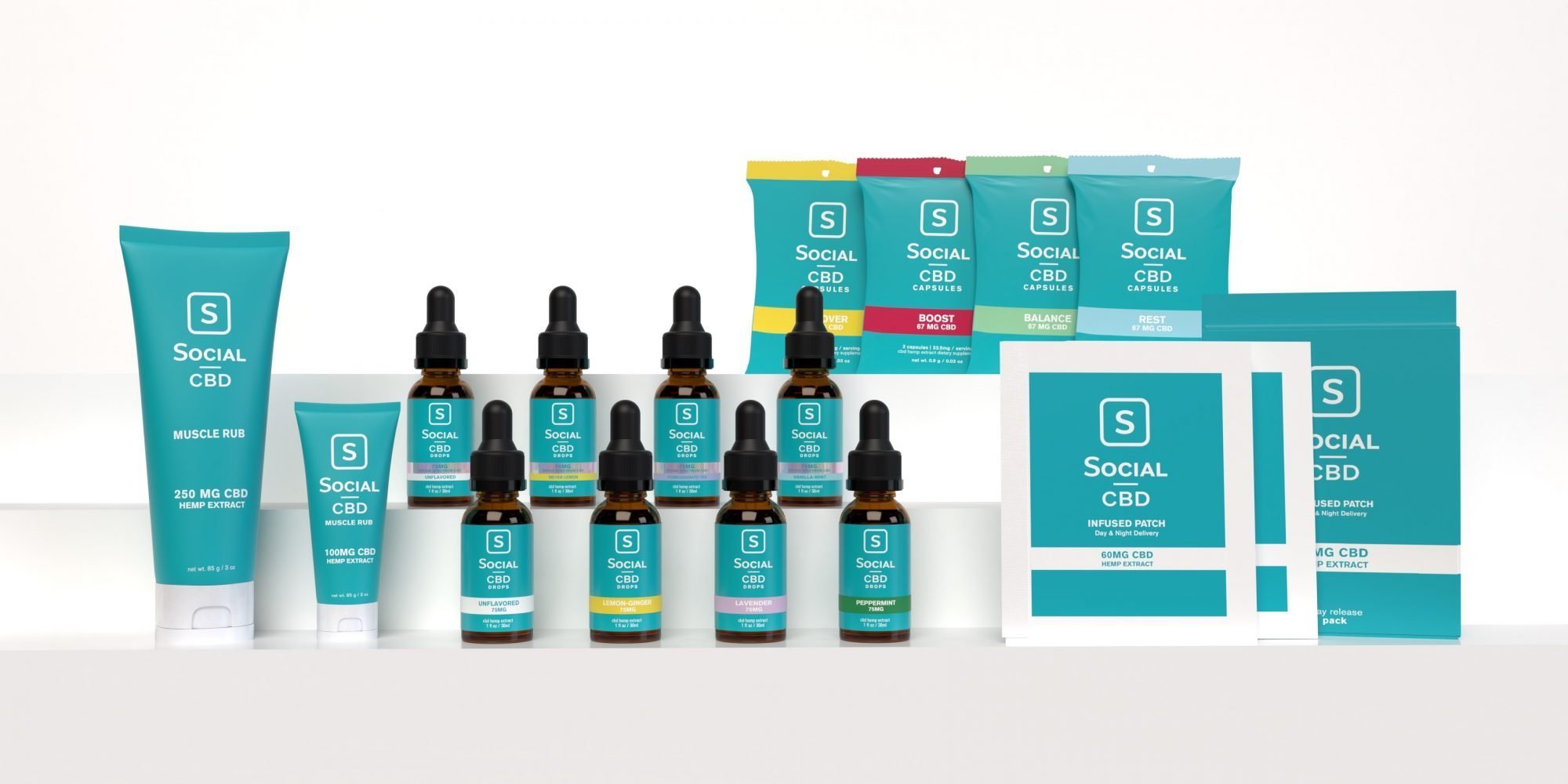
Social CBD Explodes On The Cannabis Consumer Goods Scene At 10,000 Retail Doors
CBD should perhaps stand for constant business developments. Since President Donald Trump signed the Farm Bill that federally legalized hemp in December, nonstop activity in the cannabidiol space has retailers’, investors’, entrepreneurs’ and reporters’ heads spinning.
Take the case of Social CBD. The latest iteration of Select CBD, the new brand is launching in more than 10,000 retail doors, including at CVS, 7-Eleven, Walgreens, Dillard’s, Giant Eagle and Pharmaca, with 20,000 doors expected by the fourth quarter. Social CBD is owned Sentia Wellness, a company established by former Cura Partners Inc. executives after Cura Partners Inc., creator of Select CBD and Select Oil, was sold to Curaleaf Holdings Inc. in May in a groundbreaking cannabis deal worth roughly $1 billion.
Sentia, which has raised $91 million in debt and equity financing, picked up the rights to Select CBD from Curaleaf for an interim period with designs on enlarging the CBD brand under the Social CBD moniker. Sentia also scooped up chocolate and gummy manufacturer Brevitas Foods, and signed a lease on a 175,000-square-foot facility in Portland, Ore., with over $30 million in technology to accelerate inventory supply. By the end of this year, Sentia asserts it will be the first-ever CBD company to fully produce, manufacture and distribute consumer CBD goods in-house.
It’s impossible to briefly document all of the CBD-related news that took place as Select CBD changed hands and Social CBD was born. To sum up some if it, executives were hired. Acquisitions were made. Lines were introduced. In the CBD storm that’s aggressively hit the market, Social CBD has emerged as a brand with a track record and infrastructure not often mimicked in the nascent sector that inspires enormous retailers to feel comfortable presenting its wares to mainstream customers still frequently unfamiliar with CBD.
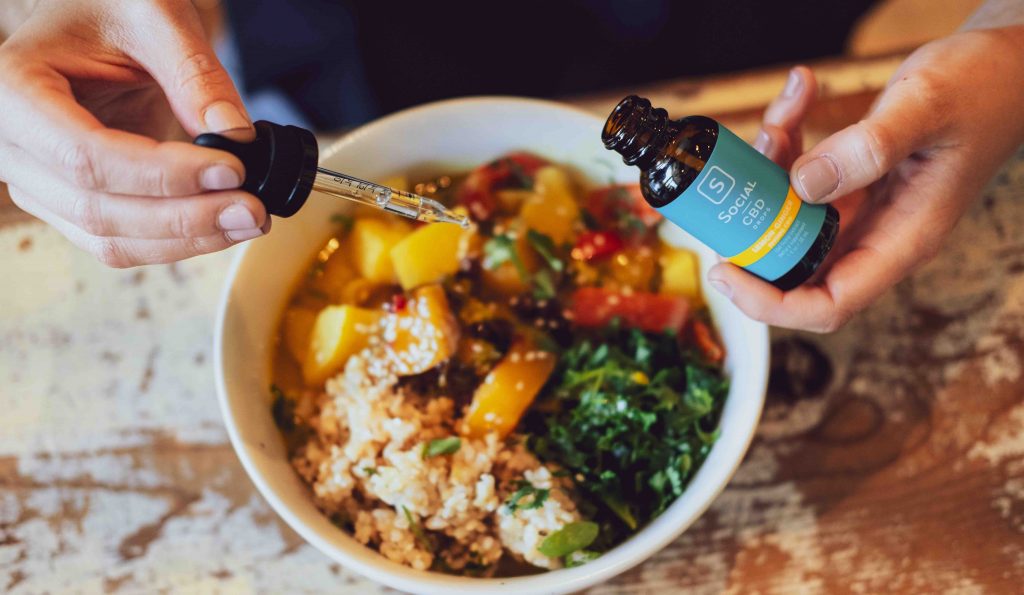
“We know our supply chain as well as it can be known, and we know exactly what we are selling,” says Social CBD president Angelo Lombardi. “We deliver to the retailer on the same promise we deliver to the consumer. We give you the best product we can. We want our retailers to know where the ingredients come from, that we make our products at a GMP facility and that we can distribute for scale.”
Social CBD provides formula appraisal results on its website from Green Leaf Lab showing the levels of CBD and THC in its products, among many cannabis constituents. Lombardi proclaims its products contain 0% THC, an important factor in usage by customers subject to drug tests. To underscore that Social CBD is free of THC, the brand has enlisted Nyjah Huston, a skateboarder training for the 2020 Tokyo Olympics and boasting 3.5 million Instagram followers, as a spokesman.
“We want a customer to know that, when they consume our CBD product, it’s 100% what they want and 0% what they don’t,” says Lombardi. He elaborates that Social CBD’s products are tested five times beginning when its hemp is in the ground through the ingredient and finished product stages. The brand incorporates both isolate and full-spectrum forms of CBD. Lombardi says, “CBD is a personal experience for everyone. With a person who wants CBD without the other cannabinoids, isolate is a great way to do that. For a lot of folks, the entourage effect from full spectrum is powerful.”
“We want a customer to know that, when they consume our CBD product, it’s 100% what they want and 0% what they don’t.”
Social CBD sells CBD products in five formats: tinctures priced from $35 to $125, vape pens priced from $24.99 to $40, gel capsules priced from $65 to $80, patches and rubs priced from $10.99 to $35, and pet items priced at $70. Five additional product formats are set to roll out before the year is done. Gummy and chocolate products are definitely in Social CBD’s future. Large retailers such as CVS and Walgreens are concentrating on the brand’s topical products as the U.S. Food and Drug Administration sorts out its stance on CBD ingestibles. However, once the regulatory landscape clears up, Lombardi says, “The vast majority of them are prepared to add ingestibles.”
Inside stores, knowledge around CBD ranges from little to extensive. Lombardi relays that a Social CBD employee visited a store in Portland carrying the brand, where a customer was asking a sales associate about CBD for sleep. The sales associate didn’t respond with any information about the CBD products available, and the customer was going to walk away without purchasing a CBD product until the Social CBD employee intervened. In stores similar to the Portland example with staff that isn’t educated on CBD, Lombardi says sales can be slow compared to stores with staff enthusiastic about CBD. He continues that stores with displays dedicated to CBD products instead of integrating the products throughout their locations are having success.
Consumers’ understanding of CBD varies greatly, too. Lombardi says its spreading from the early adopters to a group of consumers he called explorers intrigued by CBD for wellness purposes. “That’s the consumer who is turning to CBD to deal with anxiety, sleep or inflammation,” he expounds. “They are seeking out remedies that aren’t traditional medicines that can be harsh or expensive. They are looking at ways to regulate their lives with something like CBD.”
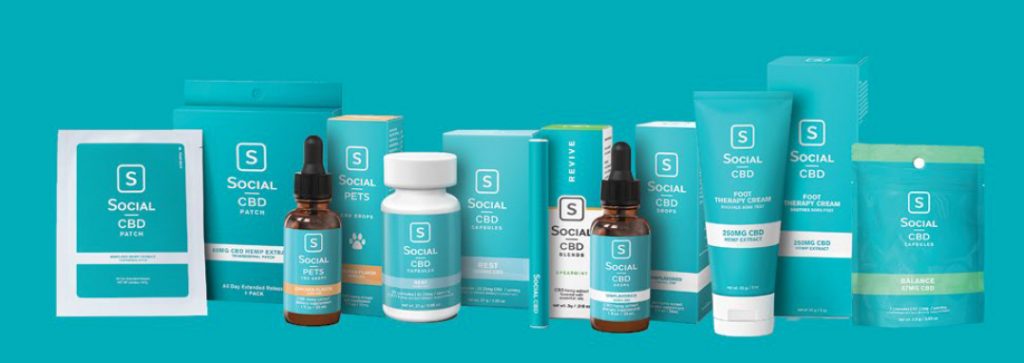
For CBD brands reaching consumers, Lombardi admits the fluctuating regulatory and retail environment is tricky to navigate. Social CBD is pursuing stores with vastly different CBD strategies. The brand has relationships with beauty, pet, pharmaceutical and supplements buyers, for example, depending on the store and its handling of CBD products. And it confronts lingering timidity as consumers, retailers and the government warm up to the prospects of CBD. “The very unique, almost Wild West nature is the greatest challenge, but also the reason we get out of bed in the morning,” says Lombardi. “It makes it very interesting.”
Despite the challenges, Lombardi is bullish on Social CBD’s sales and on Sentia possibly expanding its CBD portfolio. Asked about the company acquiring or incubating CBD beauty brands, he says, “We are looking at that space closely. We want to make sure, when we get into the space, the product is coming in with the same quality and promise of excellence as the rest of our products. If I can’t look at a retailer and consumer in the eye and say, ‘This is a great product we believe in,’ it’s not a product we want to bring to market. There are brands doing topicals in the beauty space doing them very well, and we look forward to doing the same.”

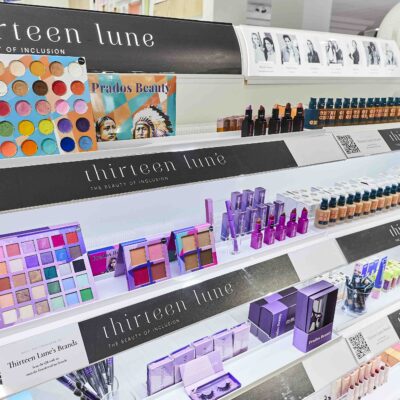
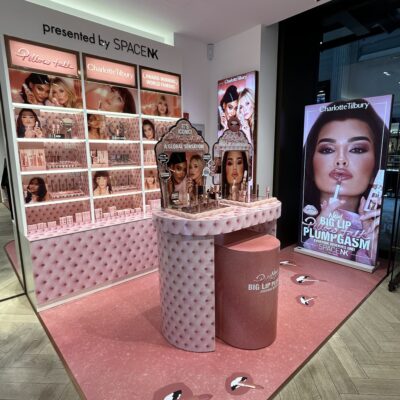
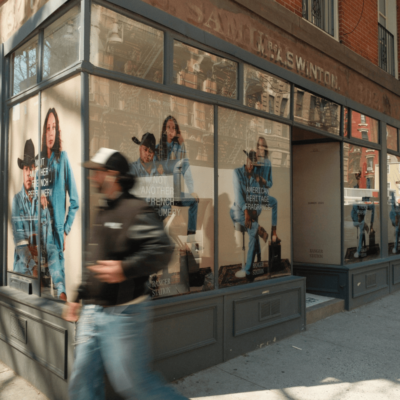
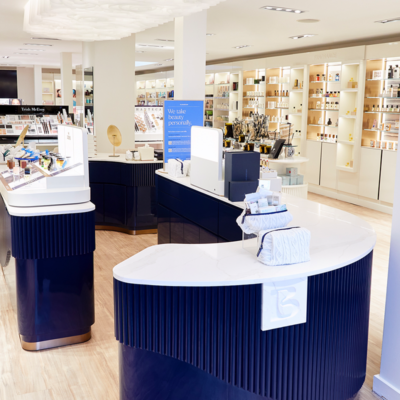
Leave a Reply
You must be logged in to post a comment.